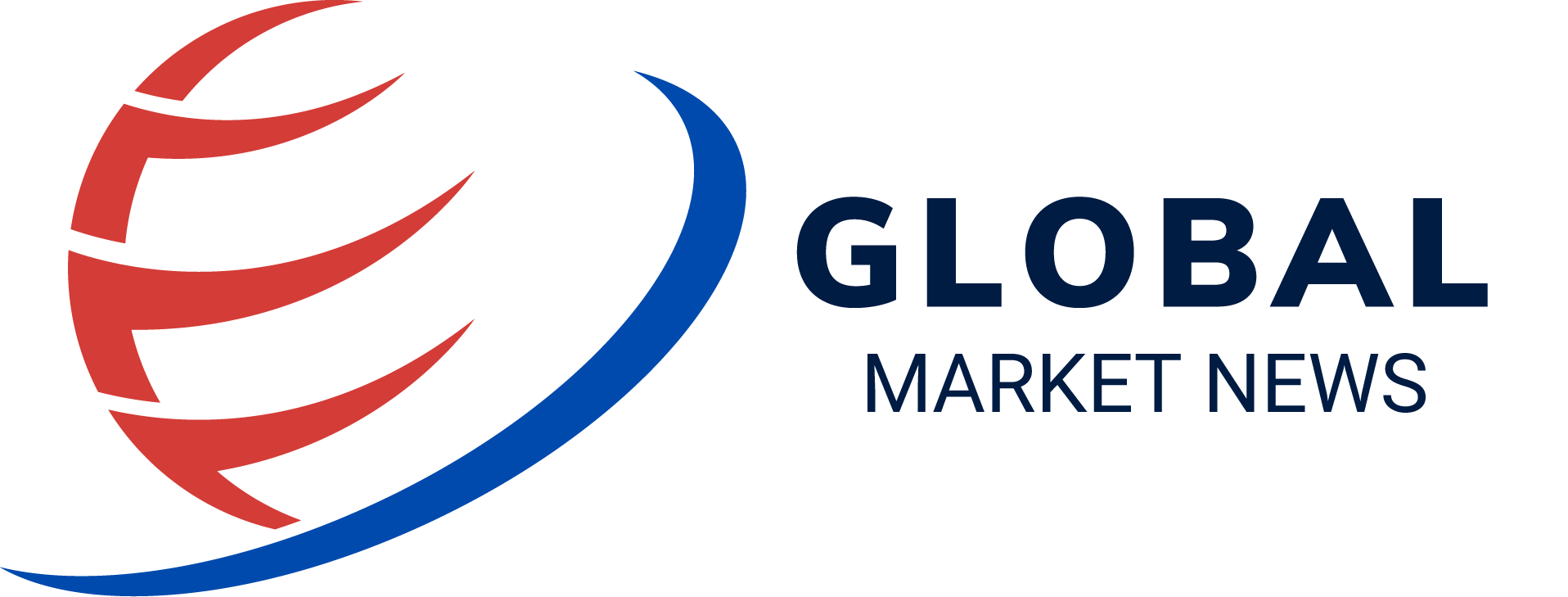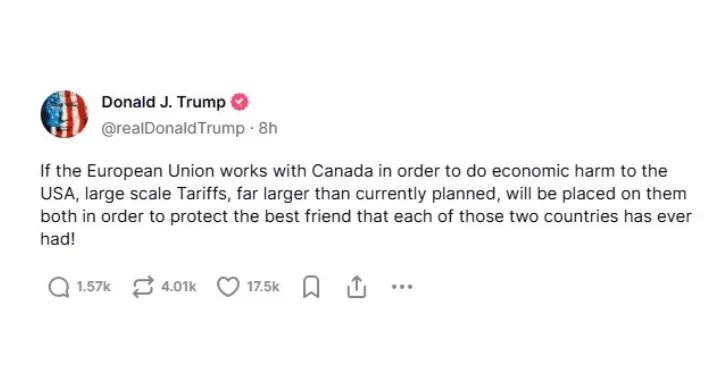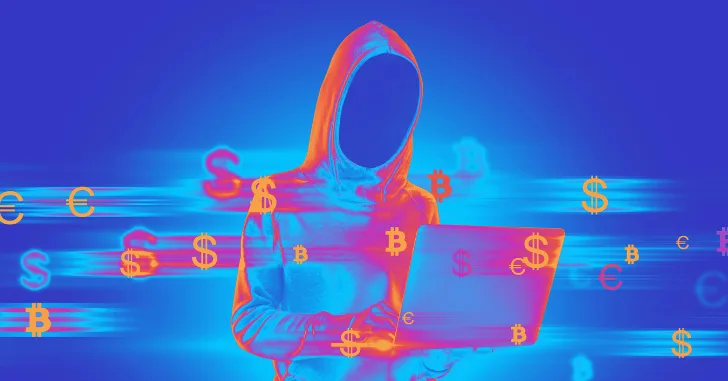Stocks followed US index futures higher as sentiment was lifted by a rally in Chinese technology shares, and worries about a contagion effect from the ongoing turmoil in the banking sector continued to fade.
Technology shares were the primary driver of gains in European equities, while financial institutions also outperformed. Contracts on all three major U.S. gauges increased, with the Nasdaq 100 poised to extend its best quarter since 2020. UBS Group AG rose after the Swiss lender brought back a former CEO to oversee the acquisition of Credit Suisse Group AG.
After surging on Tuesday on plans to split the company, Alibaba Group Holdings Ltd. shares dropped in premarket trading in the United States. Following the success seen on Wall Street over night, the value of the company’s shares that are traded in Hong Kong increased by 12%. That sparked a rally in Chinese technology shares, and investors flocked into companies that had been hurt by a crackdown from Beijing over the past two years in order to capitalize on the opportunity.
As investors awaited comments from Federal Reserve officials and economic releases this week for clues on monetary policy, the value of Treasuries increased after having fallen for two consecutive days. Particular attention will be paid to the data on the central bank’s preferred measure of inflation, which is the so-called core PCE deflator. This information is likely to play a role in the next policy decision that the Fed makes.
Swaps traders have priced in a probability of about fifty percent that the Federal Reserve will raise interest rates by a quarter point at its upcoming meeting, with the intention to ease rates afterward. On the other hand, BlackRock Investment Institute and a number of other investment firms’ strategists agree that market participants are incorrectly anticipating imminent rate cuts.
The consensus among industry experts is that the bad news for markets is that the Fed is very unlikely to cut interest rates until the second quarter of 2024, and that this will leave us with a “higher for longer” scenario unless US growth slows significantly more than we anticipate.
The reopening of China and the subsequent increase in consumer activity, both of which the markets continue to grossly underestimate, should be another important factor for investors to take into account.
After the turmoil in the banking industry earlier this month sparked fears of wider contagion, investors are currently evaluating the risks of a recession as well as the trajectory of central bank policy. Following a close on Tuesday that was near the lowest level in eight weeks, an index measuring the strength of the dollar remained unchanged.
This week will see the occurrence of several important financial events, including:
- Eurozone economic confidence, consumer confidence, Thursday
- GDP of the United States, initial jobless claims, on Thursday
- The President of the Boston Fed, Susan Collins, and the President of the Richmond Fed, Thomas Barkin, will speak at the event. Thursday is also the day that Treasury Secretary Janet Yellen will deliver a speech.
- China PMI, Friday
- Eurozone CPI, unemployment, Friday
- Consumer income in the United States, the personal consumption expenditure deflator, and consumer sentiment from the University of Michigan on Friday
- Christine Lagarde, President of the European Central Bank, Speaks on Friday
- John Williams, President of the New York Federal Reserve, Speaks on Friday






